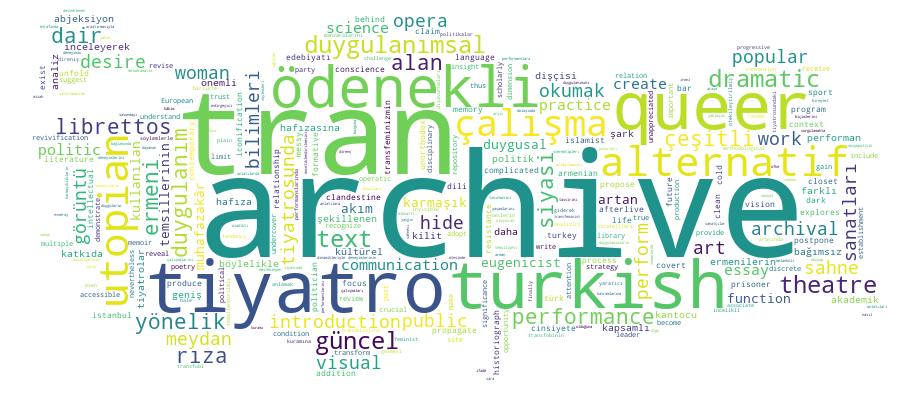This item is non-discoverable
Altınay, Rüstem Ertuğ
Loading...

Profile URL
Name Variants
Altınay, Rüstem Ertuğ
R.,Altınay
R. E. Altınay
Rüstem Ertuğ, Altınay
Altinay, Rustem Ertug
R.,Altinay
R. E. Altinay
Rustem Ertug, Altinay
Altınay, Rustem Ertuğ
Altinay, Ruestem Ertug
Rustem Ertuğ, Altınay
R.,Altınay
R. E. Altınay
Rüstem Ertuğ, Altınay
Altinay, Rustem Ertug
R.,Altinay
R. E. Altinay
Rustem Ertug, Altinay
Altınay, Rustem Ertuğ
Altinay, Ruestem Ertug
Rustem Ertuğ, Altınay
Job Title
Misafir Dr. Öğr. Üyesi
Email Address
Ertug.altı[email protected]
Main Affiliation
Visual Communication Design
Status
Former Staff
Website
ORCID ID
Scopus Author ID
Turkish CoHE Profile ID
Google Scholar ID
WoS Researcher ID
Sustainable Development Goals
15
LIFE ON LAND

0
Research Products
16
PEACE, JUSTICE AND STRONG INSTITUTIONS

0
Research Products
14
LIFE BELOW WATER

0
Research Products
6
CLEAN WATER AND SANITATION

0
Research Products
3
GOOD HEALTH AND WELL-BEING

0
Research Products
17
PARTNERSHIPS FOR THE GOALS

0
Research Products
4
QUALITY EDUCATION

0
Research Products
2
ZERO HUNGER

0
Research Products
10
REDUCED INEQUALITIES

0
Research Products
7
AFFORDABLE AND CLEAN ENERGY

0
Research Products
13
CLIMATE ACTION

0
Research Products
1
NO POVERTY

0
Research Products
9
INDUSTRY, INNOVATION AND INFRASTRUCTURE

0
Research Products
12
RESPONSIBLE CONSUMPTION AND PRODUCTION

0
Research Products
8
DECENT WORK AND ECONOMIC GROWTH

0
Research Products
11
SUSTAINABLE CITIES AND COMMUNITIES

0
Research Products
5
GENDER EQUALITY

1
Research Products

This researcher does not have a Scopus ID.

This researcher does not have a WoS ID.

Scholarly Output
7
Articles
4
Views / Downloads
57/421
Supervised MSc Theses
2
Supervised PhD Theses
0
WoS Citation Count
12
Scopus Citation Count
12
WoS h-index
2
Scopus h-index
2
Patents
0
Projects
0
WoS Citations per Publication
1.71
Scopus Citations per Publication
1.71
Open Access Source
2
Supervised Theses
2
Google Analytics Visitor Traffic
| Journal | Count |
|---|---|
| American Ethnologist | 1 |
| Archives and Records | 1 |
| Performance Research | 1 |
| Radical History Review | 1 |
| The Journal of Popular Culture | 1 |
Current Page: 1 / 1
Competency Cloud


